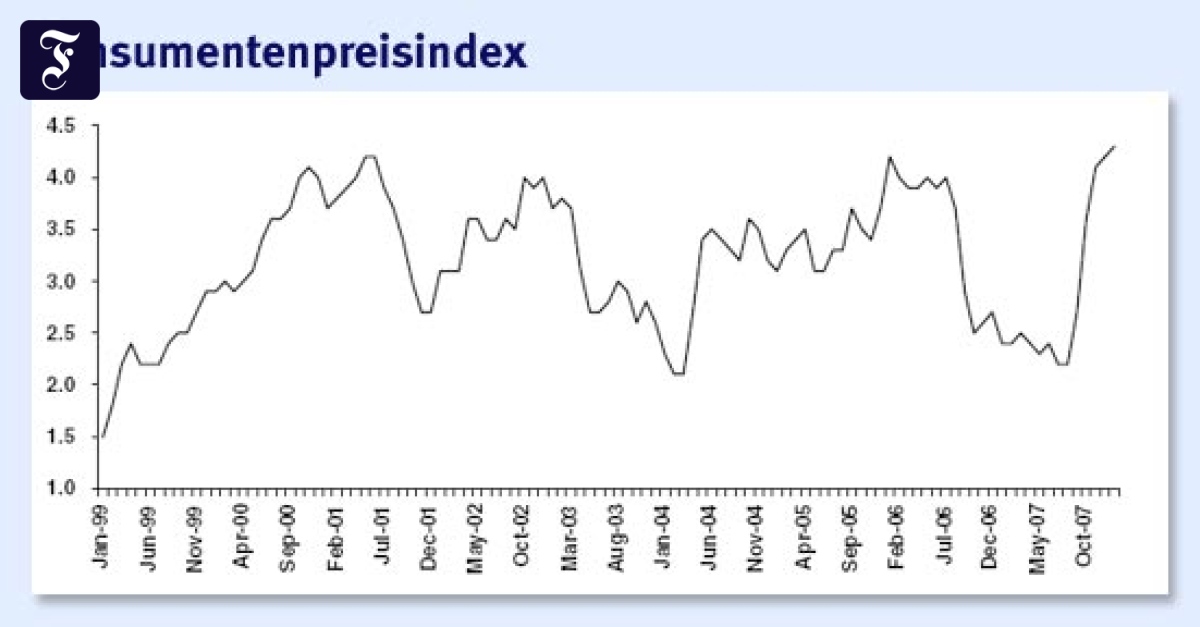'Best And Final' Job Offer? Your Guide To Successful Negotiation

Table of Contents
Understanding the "Best and Final" Tactic
The phrase "best and final offer" is a common tactic used by employers during salary negotiation and job offer negotiation. Understanding the employer's perspective is key to crafting your response. Why do they use this tactic? It's often a way to signal the end of negotiations and avoid further back-and-forth. They may believe their offer is already highly competitive, reflecting the market value for your skills and experience. Other times, internal deadlines or strict budget constraints necessitate a firm stance.
Common scenarios where you might hear this phrase include:
- Competitive Hiring Process: When multiple candidates are vying for the position, employers might use this to expedite the decision-making process.
- Budgetary Limitations: Departments often operate within pre-defined budgets. The "best and final" declaration might reflect the upper limit of what's approved.
- Time Constraints: Urgent hiring needs may lead employers to want to finalize the offer quickly.
Before You Respond: Assess the Offer
Before formulating a counter-offer (or deciding to accept), carefully analyze the entire compensation package. This goes beyond just the base salary; consider all aspects of your potential earnings and benefits. This comprehensive assessment is crucial for successful job offer negotiation.
- Analyze the Total Compensation Package: This includes your base salary, health insurance benefits, retirement plan contributions (401k matching, pension), paid time off (PTO), bonuses (signing bonuses, performance-based bonuses), stock options, and any other perks.
- Compare to Your Research and Market Value: Have you researched industry salary benchmarks using reputable sites like Glassdoor, Salary.com, Payscale, and LinkedIn Salary? Comparing the offer to your research ensures you understand whether the package aligns with your experience and the current market rate for similar roles.
- Consider the Big Picture: Don't focus solely on the base salary. Factor in relocation costs (if applicable), signing bonuses, and the potential for future salary increases or promotions. A slightly lower starting salary might be offset by robust benefits or significant bonus potential.
Strategizing Your Counter-Offer (If Necessary)
Even faced with a "best and final" offer, you still have room to negotiate. However, your approach must be strategic and well-reasoned. Don't demand a large salary increase outright; instead, focus on specific, justifiable requests. Remember, a confident and professional approach is key to successful salary negotiation.
- Focus on Specific, Justifiable Requests: Instead of saying "I want a higher salary," articulate why you deserve more. Highlight specific achievements, skills, and experience that exceed the initial offer. Quantify your contributions whenever possible.
- Don't Be Afraid to Negotiate Benefits: If a salary increase is off the table, focus on negotiating benefits. These can significantly impact your overall compensation.
- Present Your Counter-Offer Professionally: Clearly state your counter-offer and justify it with the value you bring. Maintain a professional and confident tone throughout the conversation. Be prepared to compromise, but also know your bottom line.
Negotiating Benefits Instead of Salary
Sometimes, a salary increase is simply unattainable. In these instances, focusing on negotiating benefits can still substantially improve your overall compensation package. This is particularly effective when dealing with a "best and final" offer.
- Negotiate for Enhanced Health Insurance: A superior health plan can save you thousands of dollars annually. Explore options for better coverage, lower deductibles, or a broader network of providers.
- Request Professional Development Opportunities: Investing in your professional growth demonstrates a commitment to the company's success. Negotiate for training courses, conference attendance, or mentorship programs.
- Ask for Flexible Work Arrangements: Flexible work arrangements (remote work, flexible hours) are highly valued by many employees. These perks can significantly enhance your work-life balance.
- Consider Stock Options or Bonuses: If salary is truly fixed, explore the possibility of receiving stock options or performance-based bonuses.
Knowing When to Walk Away
Negotiating a job offer is a two-way street. You need to assess not only the financial aspects but also whether the overall opportunity aligns with your career aspirations and values. Sometimes, the best decision is to walk away.
- Don't Compromise Your Values: Don't settle for an offer that compromises your long-term career goals or personal values, even if it means foregoing a slightly better financial package.
- Consider the Company Culture: Research the company culture thoroughly. A seemingly lucrative offer might be overshadowed by a toxic work environment or poor work-life balance.
- Assess the Overall Opportunity: Weigh all factors—salary, benefits, company culture, career trajectory—to determine if the overall opportunity aligns with your aspirations. A slightly lower offer from a company with excellent growth opportunities might be preferable to a higher salary in a stagnant environment.
Conclusion
Successfully navigating a "best and final" job offer requires careful preparation, a clear understanding of your worth, and the confidence to negotiate effectively. Remember to assess the entire compensation package, prioritize your needs, and be prepared to walk away if the offer doesn't meet your expectations. By using these strategies, you can turn a seemingly inflexible situation into a mutually beneficial agreement. Don't let a "best and final" job offer intimidate you. Master the art of negotiation and secure the best possible deal for your skills and experience. Learn more about successful job offer negotiation strategies today!

Featured Posts
-
 Frankfurt Aktienmarkt Analyse Des Dax Rueckgangs Am 21 Maerz 2025
May 24, 2025
Frankfurt Aktienmarkt Analyse Des Dax Rueckgangs Am 21 Maerz 2025
May 24, 2025 -
 The Fate Of Museum Programs Post Trump Administration Budget Reductions
May 24, 2025
The Fate Of Museum Programs Post Trump Administration Budget Reductions
May 24, 2025 -
 Best And Worst Days To Fly For Memorial Day Weekend 2025
May 24, 2025
Best And Worst Days To Fly For Memorial Day Weekend 2025
May 24, 2025 -
 House Approves Amended Trump Tax Legislation
May 24, 2025
House Approves Amended Trump Tax Legislation
May 24, 2025 -
 The Sean Penn Woody Allen Dylan Farrow Controversy
May 24, 2025
The Sean Penn Woody Allen Dylan Farrow Controversy
May 24, 2025
Latest Posts
-
 Australia Loses To Kazakhstan In Billie Jean King Cup Qualifier
May 24, 2025
Australia Loses To Kazakhstan In Billie Jean King Cup Qualifier
May 24, 2025 -
 Kermit The Frog As Umd 2025 Commencement Speaker The Online Response
May 24, 2025
Kermit The Frog As Umd 2025 Commencement Speaker The Online Response
May 24, 2025 -
 Umd Commencement 2025 Kermit The Frogs Surprise Announcement
May 24, 2025
Umd Commencement 2025 Kermit The Frogs Surprise Announcement
May 24, 2025 -
 University Of Maryland Commencement A Famous Amphibian To Speak
May 24, 2025
University Of Maryland Commencement A Famous Amphibian To Speak
May 24, 2025 -
 2025 Umd Graduation The Unexpected Choice Of Kermit The Frog
May 24, 2025
2025 Umd Graduation The Unexpected Choice Of Kermit The Frog
May 24, 2025
